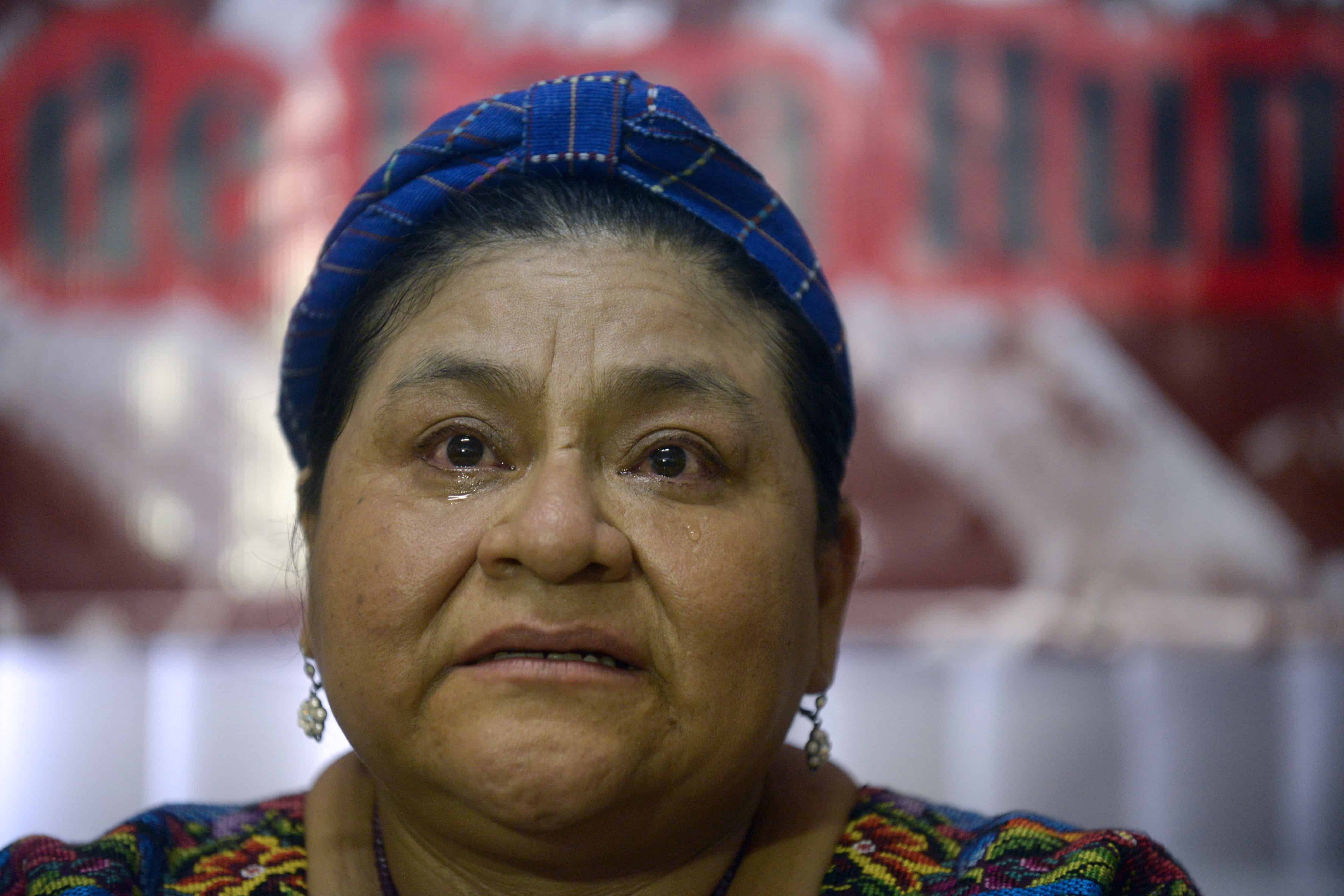GUATEMALA CITY — Guatemalan Nobel Peace Prize laureate Rigoberta Menchú on Friday lamented the impunity that surrounds the massacre of indigenous people by the military in the north of the country 37 years ago during the civil war.
“Today marks 37 years of impunity and oversight by the Guatemalan justice system of the Panzós Massacre, which took place on May 29, 1978,” Menchú said in a press release.
During the massacre in Panzós, a town located 275 kilometers north of Guatemala City, 53 people died in the town square when the military stopped a public demonstration by farmers who sought to reclaim their lands.
Members of the military stashed the bodies in a truck belonging to the municipality and moved them to a place near the public cemetery, where they used a tractor to dig a mass grave and buried the bodies.
“Survivors fled in every direction, some to the mountains, others towards the river, and some starved to death while others drowned as they tried to cross Polochic River in overloaded boats,” added Menchú, who was awarded the Nobel Peace Prize in 1992.
“We demand that the authorities end impunity for the grave human rights violations perpetrated during the internal armed conflict,” Menchú said.
The massacre was one of the first recorded during the war that raged in Guatemala from 1960 to 1996, leading to the death or disappearance of 200,000 people.
A report drafted by the United Nations in 1999 declared that the military is responsible for 93 percent of human rights violations committed during the conflict.
The report documented 669 massacres during the war, of which 626 were attributed to the military.
Related: Guatemala high court paves way for new genocide trial against ex-dictator Ríos Montt






